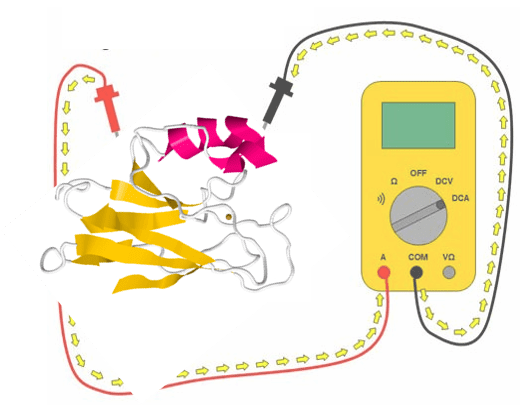BioMolecular
Electronics
Our lab
Charge transport is ubiquitous in Life and regulates almost every biological function. The vision of BioMolecular Electronics at King’s College London is understanding the supramolecular basis that sustain highly efficient charge diffusion in living organisms. We use biophysical approaches to tackle into this complex problem across different length scales; from very simple molecular backbones to large protein complexes.
Sponsors

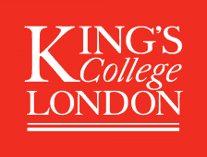


Institutions


Featured Publications
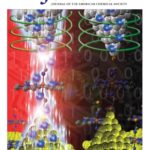
Metal-Controlled Magnetoresistance at Room Temperature in Single-Molecule Devices
Journal of the American Chemical Society 2017, 139, 16, 5768-5778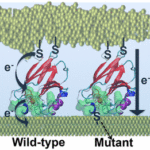
Bioengineering a Single-Protein Junction
Journal of the American Chemical Society 2017, 139, 43, 15337-15346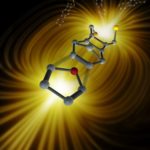
Electrostatic catalysis of a Diels-Alder reaction
Nature 2016, 531, 88–91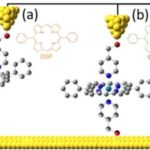
Highly Conductive Single-Molecule Wires with Controlled Orientation by Coordination of Metalloporphyrins
Nano Lett 2014, 14, 8, 4751–4756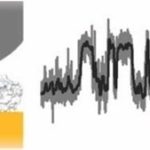
Conductance switching in single wired redox proteins
Small 2014, 10, 13, 2505-2734Our Current Researches
Among our technical capabilities, we can precisely control the formation of electrical contacts with individual (bio)molecules between two metal electrodes, which allow us characterizing their charge transport signatures at an unbeatable resolution. In combination with a variety of other experimental approaches, we are tackling into several cutting-edge scientific questions that constitute the main core of our current projects

